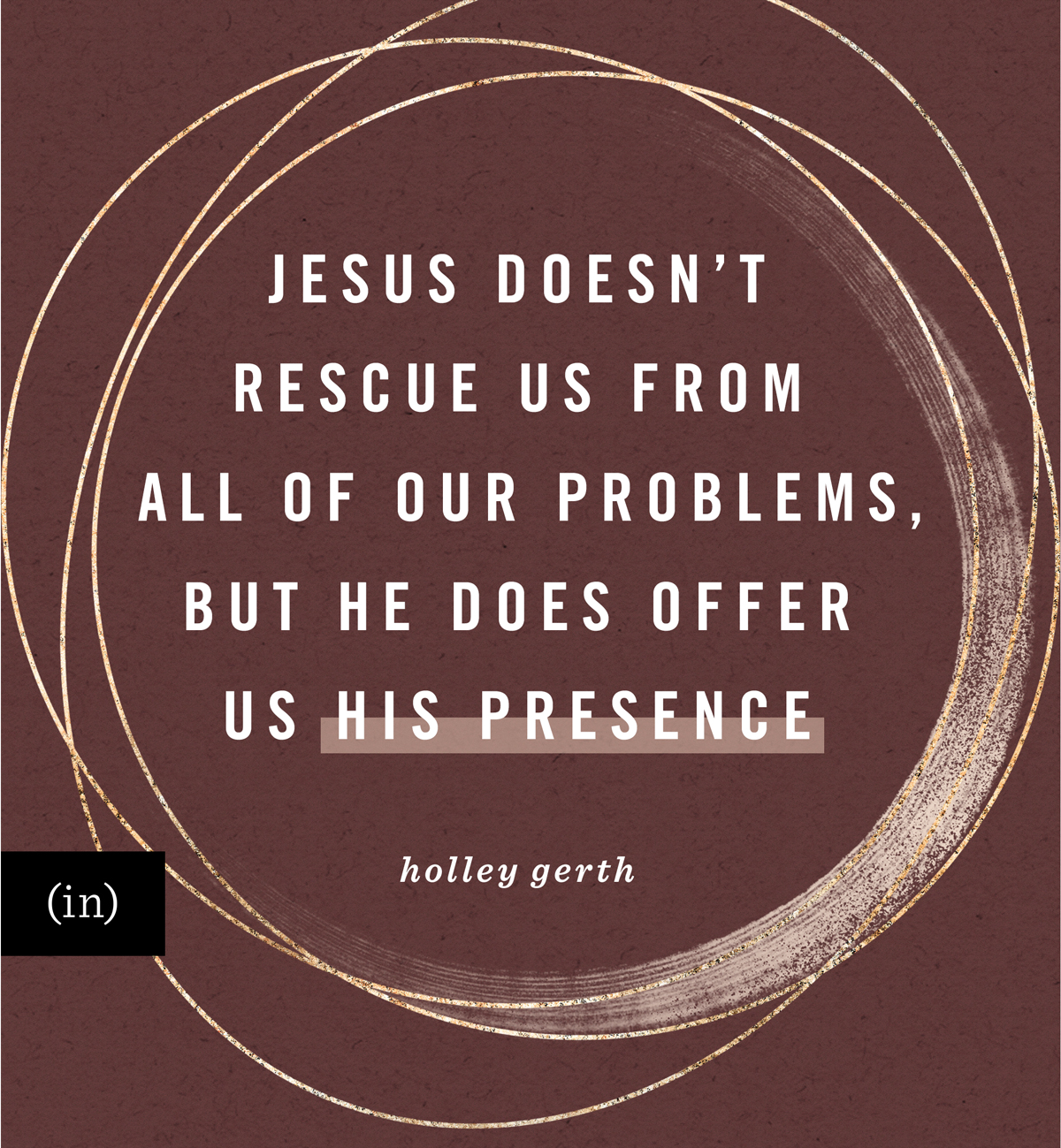Someone I love video calls me and as soon as I answer, I can hear the tears in her voice. She’s having a tough time. My first instinct is to try to rescue her. I care about her, after all. Doesn’t that mean I should make the pain stop? Try to fix the problem? Put on my superhero cape and save the day?
For years I thought that was true. But I’m coming to understand there is a better way. So instead, I pause and take a deep breath. Then I ask God to help me see her. Yes, I mean truly see her — pause to give her my full attention, listen closely, stop everything I’m doing, and honor her with my complete focus. But I also mean SEE her, an acronym I’ve started using in situations like this one.
Support – This is different than rescuing, which says, “I’ll do this for you.” Support instead says, “You can do this, and I’m here to help.” One means taking responsibility for someone; the other means coming alongside others as they take responsibility for themselves.
Empathy – Sympathy says, “I feel sorry for you” while empathy says, “I truly want to understand what you’re feeling.” One implies that you’re somehow better than the other person, while the other expresses that we are all on this human journey together.
Encouragement – Spiritual cliches imply, “I want you to feel better because your pain makes me uncomfortable,” while encouragement expresses, “I want to remind you of what’s true — who you really are, how much you’re loved, that you’re not alone — so discouragement doesn’t make you give up.”
Rescuing can feel good in the moment but it eventually undermines relationships and leads to resentment. Why? Because we are created for “one another” relationships. Rescuing creates an unequal situation between people.
The opposite of rescuing is empowering people. My definition of empowerment is living in the fullness of who God created you to be and faithfully following what He has called you to do. For this to happen, each of us must take ownership of our own journey.
We will all have to face challenges, pain, and disappointments along the way. Jesus said, “I have told you these things, so that in me you may have peace. In this world you will have trouble. But take heart! I have overcome the world” (John 16:33). If I had said this it would sound more like, “I have told you these things, so that you may see how much you need me. Then you’ll love me and never leave me.”
So much of my rescuing has come not from love but from fear. If I help this person feel better, then they’ll want me. If I can solve this problem, I’ll prove my value. If I can save the day, then I’ll be invited back into this person’s life tomorrow. Can anyone else relate?
Shifting this pattern starts with realizing that we are already loved. There is no fear in love, says John later on in the New Testament. When we stop being afraid, we can also stop rescuing and start empowering. Because we’re no longer driven to prove how much we’re needed.
At the end of the call, the person I love lets out a deep breath and says, “Thank you, I feel better.” I can see the light coming back to her eyes, the tension in her shoulders releasing, her beautiful spark returning. She didn’t need me to rescue her. She just wanted me to walk beside her.
Isn’t that what Jesus does for us too? He doesn’t rescue us from all of our problems, but He does offer us His presence. He doesn’t fix every failure, but He does support us through them. He doesn’t do the hard work of being human for us, but He does let us know He understands what it’s like.
Jesus invites us to care for each other like He does. I’m still learning what that means, and all the ways His version of love is so much braver and better than just my rescuing.
Understanding who God created us to be equips us to serve and support others. If you’re an introvert, learn more about your quiet strengths in Holley’s upcoming release, Introvert by Design: A Guided Journal for Living with Confidence in Who You’re Created to Be. If you’re an extrovert, share it with an introvert you love!







That was so helpful, Holley. Thank you
Holley, this is wonderful! SEEing not rescuing. So practical & so much more Biblically sound than trying to be a superhero to those around us. Thank you for sharing this great insight! Blessings! ((0))
So glad it was helpful, Ruth!
I can so identify with trying to be a “Rescuer.” In fact, I attend a meaningful support group called Celebrate Recovery with “co-dependency” being my main issue. It has helped me so much to be aware of this tendency. Still room for improvement with the Lord’s help.
Good for you for doing emotional work, mp! I’ve read several books on codependency and they’ve been helpful to me.
My nature for most of my life —almost 70 years—has been to be a “fixer”. God has brought things into my life in the past few years that I can’t fix. I am slowly learning to stop trying to fix things and instead pray for peace of heart and strength to endure. But often I avoid people because I don’t know what to do or say. This devotional is one I will take to heart and hopefully help me to be a better friend.
“Peace of heart and strength to endure.” That is a beautiful prayer, Joanne.
This is so good, Holley. Thank you. It’s an important distinction to be mindful of. I have tended to want to try to remove the pain for others, but it’s not mine to remove. I will try to keep this in mind and walk along side instead.
My counselor recently said, “Pain is one of the best teachers.” She was encouraging me to let people learn from their pain, not try to take it from them. SO HARD. I’m growing with you, Gail.
WOW! I truly struggle with this! Please would you lift me up in prayer and my Mama (Linda) to! <3
Saying a prayer for you!
Thank you Holley
& thank you for S.E.E.!
Great perspective. Thank you
I love this! And I will try to do this, too.
*raises hand*. Sigh. Me….
There is a lot packed into this that is so helpful! Thank you for the SEE acronym.
Holley,
Women, especially, want to fix/rescue people. We think we know what they want or need. Job’s friends were like that. They tried to tell him the cause of his problems & how to fix them. All anyone really wants/needs is love & encouragement. Sit with us in our problems. Give us hugs & words of affirmation. Jesus walks with us through our trials & supports us. He doesn’t fix every single problem. He gives us His unconditional love & support. That is what we all need & want.
Blessings 🙂